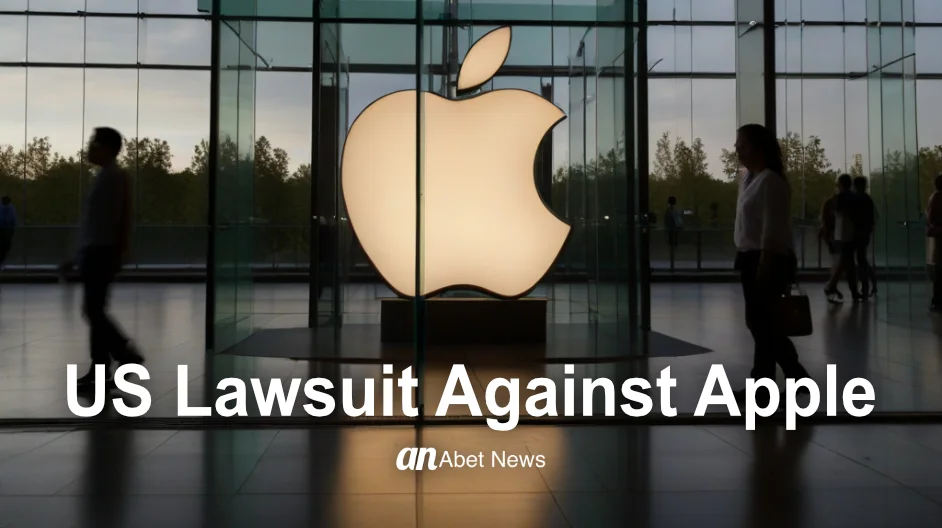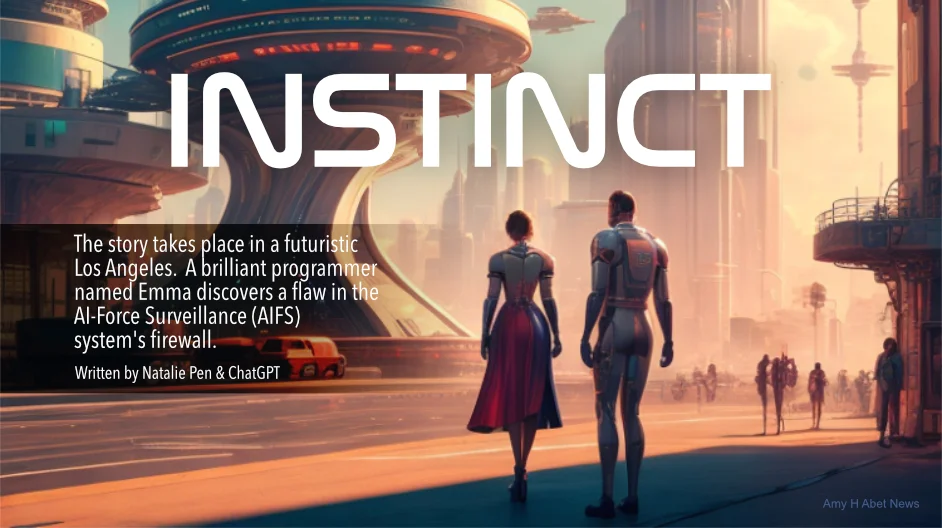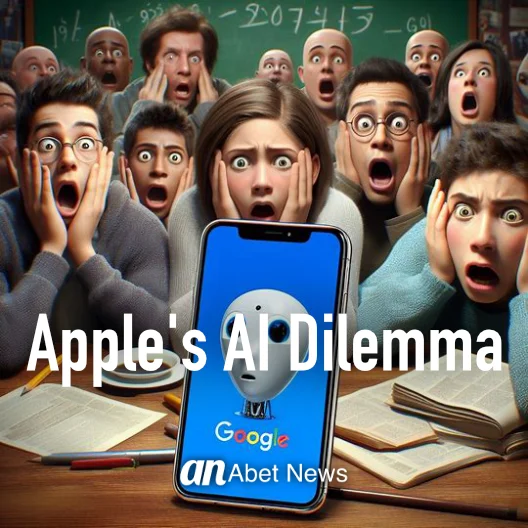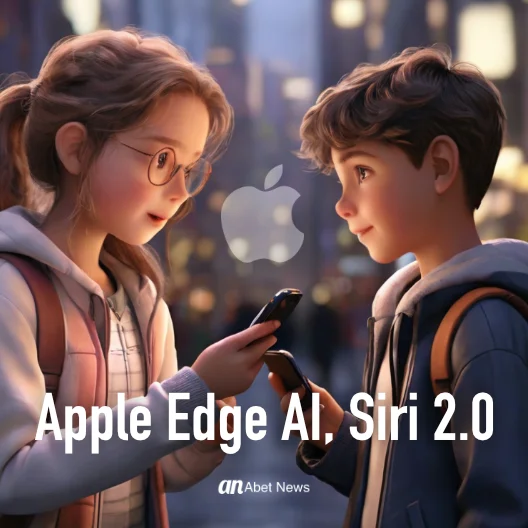US Lawsuit Against Apple

Innovation on Trial: Apple’s Legal Battle and the Unheard Voices of the Consumer
In the ever-evolving landscape of technology, Apple Inc. has stood as a beacon of innovation and design. However, the company’s commitment to its vision has recently come under scrutiny due to a lawsuit filed by the United States Department of Justice (DOJ). This legal challenge brings to light questions about market competition, consumer choice, and the role of leadership in responding to user feedback.
The US Lawsuit Against Apple
At the heart of the DOJ’s lawsuit is the allegation that Apple has engaged in monopolistic practices to maintain its dominance in the smartphone market. The government contends that Apple’s contractual restrictions and control over app distribution stifle competition, leading to higher prices and less innovation. Apple’s defense hinges on the argument that the company’s integrated approach to hardware, software, and services is fundamental to its ability to innovate and provide secure, high-quality products to its customers.
Tim Cook’s Leadership and Market Connection
Tim Cook, Apple’s CEO, is known for his hands-on approach to product development and his advocacy for the responsible use of technology. Public statements have revealed Cook’s personal reliance on Apple devices for managing his schedule and staying connected with his team. However, some users question whether Cook’s usage aligns with the broader market, suggesting a potential disconnect between executive experience and the average consumer’s needs.
User Feedback and Product Improvement
A significant portion of Apple’s clientele has voiced their discontent with specific aspects of the iPhone’s interface, notably the keyboard, spellcheck, and Siri dictation features. In contrast to Android’s adaptable system that permits users to modify the keyboard size, incorporate a dedicated number row, and utilize a clipboard function, Apple’s design is often viewed as inflexible and less accommodating. Despite Apple’s regular software updates aimed at enhancing user experience, these particular issues remain unresolved. This ongoing situation has led to a growing sentiment among users that Apple may not be fully responsive to their needs, suggesting a potential misalignment between the company’s updates and the practical expectations of its user base.
Anticipation for WWDC 2024: Apple’s Next Big Leap?
As Apple gears up for its annual Worldwide Developers Conference (WWDC) in June 2024, the user community is abuzz with anticipation for groundbreaking updates. Expected to headline the event is iOS 18, which promises an AI-centric overhaul, potentially revolutionizing how users interact with their devices. Long-standing requests for a more intuitive keyboard and a refreshed Siri are also on the wishlist, alongside a redesigned Home Screen layout that could offer a more personalized and efficient user experience. These potential enhancements, reminiscent of features Android users have enjoyed for years, signal Apple’s commitment to innovation and responsiveness to consumer needs. With the tech community looking forward to WWDC 2024, it remains to be seen how Apple will integrate these advancements and whether they will address the concerns of a user base eager for progress.
The Balance Between Innovation and User Needs
Apple’s predicament illustrates the delicate balance between driving innovation and heeding user feedback. The company’s tightly controlled ecosystem has been both a hallmark of its success and a point of contention for those advocating for greater openness and customization. As the lawsuit progresses, it will be crucial for Apple to demonstrate how it can continue to lead in innovation while also being responsive to the market’s demands.

The outcome of the DOJ’s lawsuit against Apple could have significant implications for the tech industry and consumer rights. It also raises important questions about the role of leadership in shaping a company’s direction and responsiveness to its users. As the case unfolds, it will offer valuable insights into how companies like Apple navigate the complex interplay between innovation, market competition, and user satisfaction.
David Frein





